Editorial: Only Time Will Tell
March 8, 2017
This is a time of political unrest in the United States. With a president who lost the popular vote in office and unstable advisors to support him, many people are fearing that the checks and balances set up by our forefathers will not be strong enough to keep the United States from falling into chaos. Moreover, there is reason to be worried. The United States is a fairly young country, only 241 years old. By empire terms, we are still in infancy. The United States as a nation has not been privy to destruction of many past world powers. In turn, as Americans we have not seemed to learn from the mistakes that nations, like the Soviet Union, have laid out for all of history to see. I feel the United States has started down a path that could lead to the destruction of our nation. Current events in the United States mirrors the decline of the Roman empire, the Persian Empire, and the Soviet Union. All three of these empires and countless empires have fallen do to similar events: social unrest, corruption, and overspending.
The fall of Rome was a complicated, messy affair and took a long time. Ultimately, I would propose that the fall of the Roman Empire was do to political unrest.

The destruction of Western Rome started with the creation of the tribune, this was the position of junior magistrate whose job was to protect the common people. It functioned similarly to that of senators in the U.S, but only if there was only a handful of senators, instead of an entire congress. The problem Rome faced was that it removed the voice of the people from the government. The process of eliminating power that the common people originally possessed is strikingly similar to the trend in the United States that has has large corporations or individuals, such as the Koch Brothers having a larger say in politics than the people. As of now, this is as far as the removal of power has affected the U.S. However, if you look at this issue historically, things could get much worse. The position of tribune disappeared after two tributes, the Gracchi brothers, were both tribunes who attempted reforms; the removal of corrupt politicians, decrease taxes, and in short restore the power of the citizens of Rome. However, both brothers were murdered by greedy politicians whose cushy life would have been threatened by the proposed reforms. This sort of political killing might seem far fetched in today’s world, but violence has broken out in our capital before. In 2007, Charles Bishop punched his fellow representative, Lowell Barron, in the head.

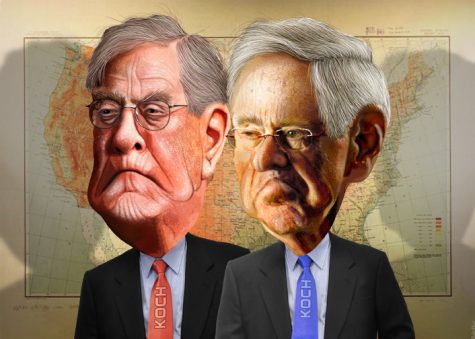
But I digress, the mere fact that the Gracchi brothers had the common people’s interest at heart, and not those of their fellow politicians had made them targets. Again, we can look to President Trump’s recent actions for a modern example in the United States. Trump’s firing of acting attorney general Sally Q. Yates after she refused to support his controversial ban on immigrants entering the United States is remarkably similar to actions taken in Ancient Rome. In both cases, a political leader was removed from power for not supporting their constituents. Democracy is messy, and compromise is what this nation was built on, but as soon as one party has the the power to fire their opponents, then the entire system of democracy falls apart.
As good historians will be quick to point out, none of these events directly caused Rome to fall, as it lead to the fall of the Roman Republic. The Roman Empire rose to take it’s place. I feel as though the transition to a monarchy for a democratic nation marks the end of that people’s rights, because the voice of the people will be removed, that is a central part of a monarchy, one ruler means one voice. The United States has started moving towards a monarchical form of government. Rome became a monarchical state after the political parties in the empire became so unwilling to compromise that they resorted to violent acts of protest, and ultimately the killing of one another. This came to a violent climax when Julius Caesar’s armies crushed Pompey’s, a rival politician.
This seems to be the path that the U.S. is following. Congress has been in deadlock for the past three presidencies, and there is no indication that this trend is likely to change. The terms Republican and Democrat have been replaced with Conservative and Liberal in casual conversation because the two former terms are to close in political ideology. The tension between people of opposing parties is so thick that it can be cut with a knife. It is not inconceivable that one party could resort to the killing of the other. Moreover, this has happened all round the world, in places like Uganda and South Africa, even in the United States. In 2016, a man of color was punched in the face by a Trump supporter at one of his rallies.
Following the change to a monarchy, Rome endured a number of dangerously unqualified emperors who had no political background. I feel as though this is now happening to the U.S. Now, I am by no means suggesting that our current president is as dangerous as Nero or Caligula, but my fear is that now that the door for people with no political background has been opened, that people whose only interest is personal gain will soon be bidding for the office of presidency. Just as the the unqualified Emperors of Rome, the U.S. will be brought only tragedy by having a demigod in office.
Finally, Rome fell amidst a shrinking border and tens of political murders. In short all of these problems stem from a doger of a democratic government: corruption. The destruction of the Roman Republic and the Roman Empire can be traced back to greedy and corrupt politicians acting in their own interest. It is my dearest hope that the United States does not reach this point.
However, Rome is not the only great empire in history whose decline mirrors that of the United State’s current situation. The fall of Persia appears to mimic the current United States. The fall of the Persian Empire was ultimately do to social unrest and corruption. The collapse that I am talking about is not Alexander the Great’s conquering of Persia, as the true Persia, the Sassanids Dynasty, had fallen before this time. What Alexander fought was a shell of the Persian Empire.
It is generally thought that King Xerxes the Great was the last of the true Persian rulers. For after his death, the empire was ruled by weak willed and unqualified leaders. Once more, as soon as an empire had weak or incompetent leaders, that nation suffered.
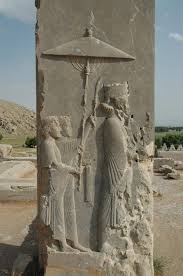
Xerxes I rule started in 465 B.C. His reign is categorized as a period of cruelty. Xerxes I became the ruler because his father, King Darius, desired that he had to put down revolts that had started in Egypt, and left Xerxes in his place. Egypt was revolting to a prolonged period of heavy taxes. A modern example of this sort of revolution is that today republicans are protesting heavy taxes, and “revolted” against the abolishment by ensuring that a Washington outsider took office. Xerxes I was an outsider, who only came to rule do to his bloodline, which spelled disaster for the Sassanids.
Xerxes I was assassinated by a member of his bodyguard. After his death, Persian was plunged into a period of uncertainty. Taxes increased in an attempt to keep satraps (a position similar to a governor) in check. The Persian Empire started over spending on their military. Soon their monetary system collapsed, people were angry, and the Persian Government was riddled with corruption. This lead to the ultimate decline of the first Persian Empire. The various proteins that made up the Persian Empire started breaking away and revolting. The United States should acknowledge the dangers of having an unhappy, angry population, as that is what case the Persians to split.
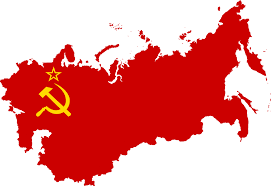
Arguably the most well known collapse is that of the Soviet Union. In the United States, we as a nation, look at the collapse of the Soviet Union as a victory, when in fact it should be seen as a lesson and warning. The destruction of the U.S.S.R. can be boiled down to a nationalist movement and overspending on a military. During the Cold War, the Soviet Union started excess spending on their military in an attempt to crush the United States in the arms race. However, the true effect was that it weakened the Soviet economy. Millions of dollars were spent on weapon development, many of which were never used. Similarly, in the United States over 100 million dollar have been spent on the F-35 fighter jet. Even though the plane does not work, this has not stopped the U.S. government from continue pouring money into this jet’s development. It is erie how similar the United States and Soviet Union appear when you examine their spending patterns. Both nations spent exuberant amounts of money on military equipment that did not work or has not been used. This overspending leads to inflation.
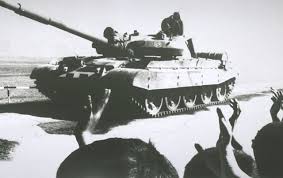
In addition, unnecessary war helped to bankrupt the Soviet Union. The Soviet invasion of Afghanistan was a financial black hole. After the Soviet Union had initial success in a desperate push into Afghanistan, they learned the lesson that the U.S is still learning to this day. War in the middle east is a quagmire. The U.S.S.R. stated pumping more and more money into their campaign, causing an economic depression. Soon, bread lines were common in the streets of Moscow. In a similar fashion, the United States has spent hundreds of millions of dollars in wars in Afghanistan, Iraq, and Pakistan. In all of these cases, from a purely economical standpoint, the United States would have better of if it had not gotten involved. Nations throughout history that have engaged in unnecessary war have, for the most part, suffered.
To continue to the strain being put on the soviet economy, the U.S.S.R.’s enemies lowered loile process in an attempt to destroy the Soviet Drilling industry and destabilize their economy. Ronald Reagan lead a successful campaign to isolate the Soviet Union on an economical level. Isolation is never good for a nation, as it will fall behind on a technological level, due to the lack of contact with the outside world. Yet the United States’s newest president has vowed to decrease the U.S’s trade with other nations. This could cause us to fall behind on the world stage.
The Soviet Union soon started to become divided on a physical level as well as a political. Due to the large size of the U.S.S.R., many of the people were unhappy to be a part of the Soviet Union’s satellite nations expressed a desire to be independent. For an example of an area that wants to be independent in the United States, look no further than Hawaii. The islands that make up Hawaii are in a recession, and the general view of the continental United States is not a favorable one. Both the U.S.S.R. and the United States had regions that were seeking independence. This physical device cased a large number of Soviets to subscribe to a nationalist ideology. The United States should take note of the dangers that come from ignoring a area that is unhappy and separated from the rest of the nation, as it could break away.
The nationalist movement started in Western Europe, but it was not long before it spread to Czechoslovakia, Yugoslavia, and the Soviet satellites in Eastern Europe. Soon the Soviet people were discriminated based on race, religion and political alignment. In America, there is increasing nationalist movement. Immigrants and people of color are being looked down upon for being “un-american.” Furthermore, that the idea a Republican and Democrat could see eye to eye on any issue has become a fantasy. Both ideologies have an idea of what the container should look like, and neither is willing to compromise with the other.
Like the Soviet Union, the United States is becoming divided politically by region. The east and west coast are predominantly democratic. For the most part, they vote blue in elections, while the center of the nation is mostly republican. In short, cities are liberal and rural areas are conservative.
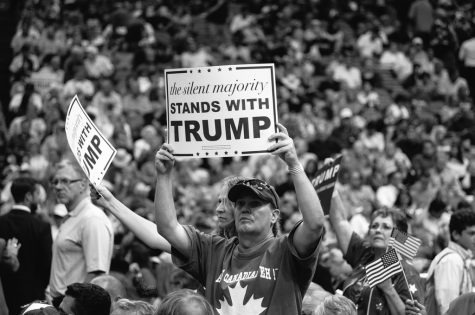
This sort of divide is not healthy. It causes people to define himself by their political party. It prevents Americans from unifying on anything.
Political divides and social unrest caused Mikhail Gorbachev, the last leader of the Soviet Union, to attempt reforms in the government and economy. However, at this point the damage had been done. The only thing that was accomplished by his numerous reforms was the general population claiming that the government was weak. The attempt at reform was the final straw in the death of the U.S.S.R. A similar proses may be happening in the United States. President Obama’s controversial healthcare reforms were met with backlash, and opponents claim that the United States government is weak for trying to take care of those who have failed to take care of themselves. The U.S.S.R. was destroyed by political corruption, social unrest and overspending: the holy trinity of empire collapses.
To conclude, my purpose with juxtaposing these empires with the United States is to warn what could happen to the United States. All of these empires were at one time a world power, but fell from grace from one or more of the following: governmental corruption, social unrest and over spending. The U.S. exhibits all of these symptoms. I hope that by looking at the past, we as a nation can prevent the United States from meeting a grisly fate. When listening to the news, patterns emerge that allow one to anticipate events to come. A body in motion stays in motion, and the U.S. will not change unless we the people change it. Regardless of political party, race or religion, we are all Americans, and we must take care of each other and this nation. If we do not understand history then we are doomed to repeat it.




















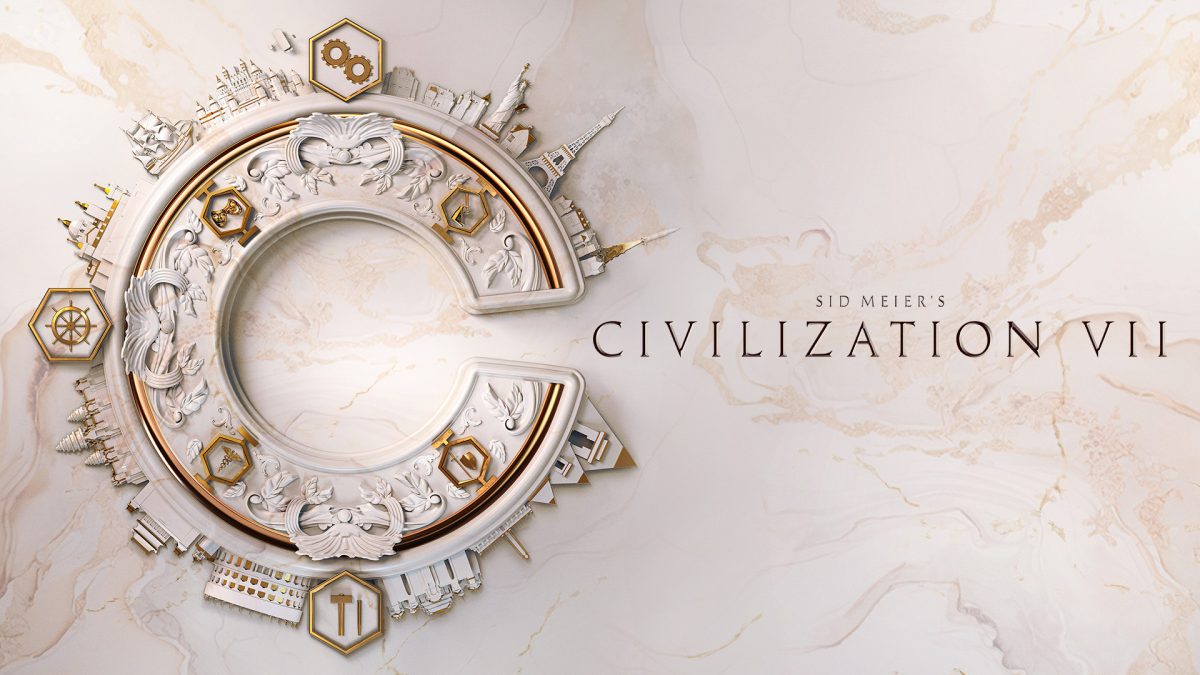












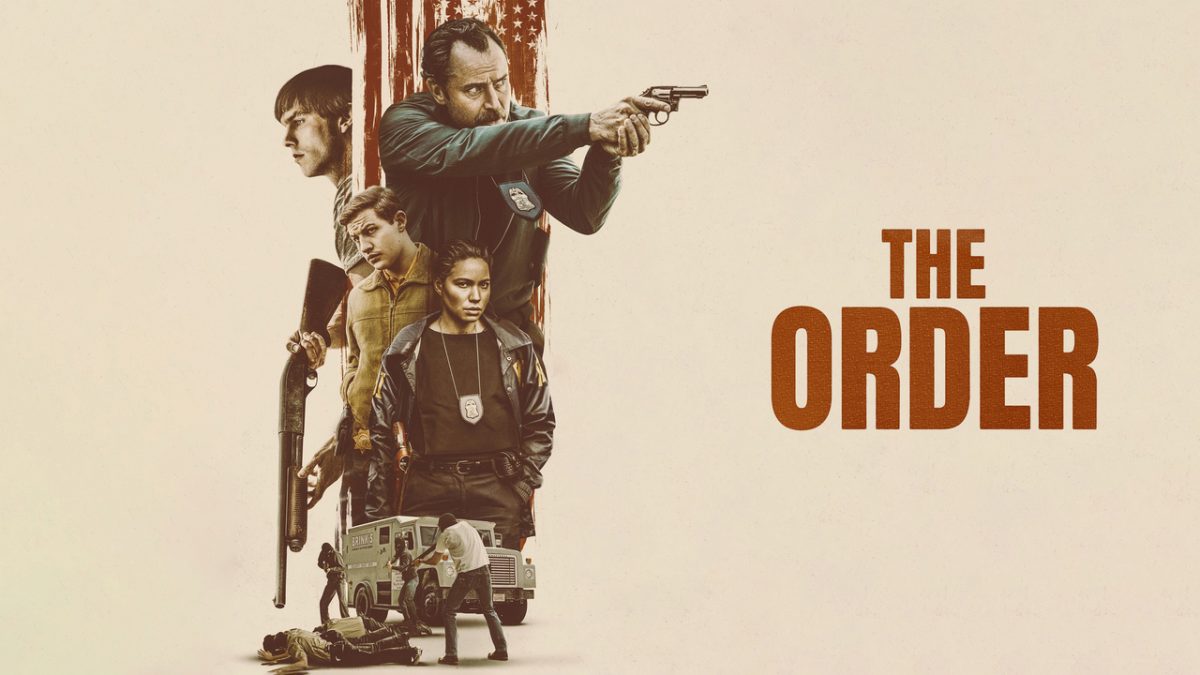
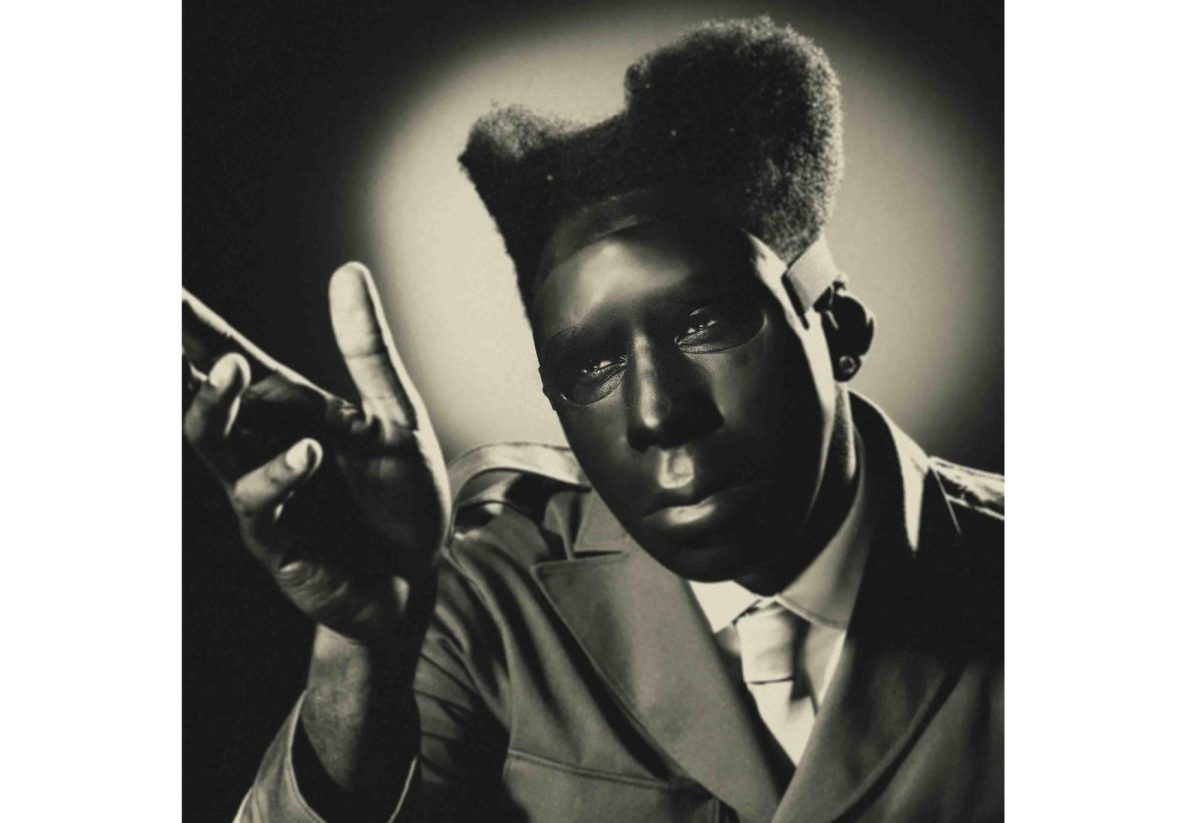


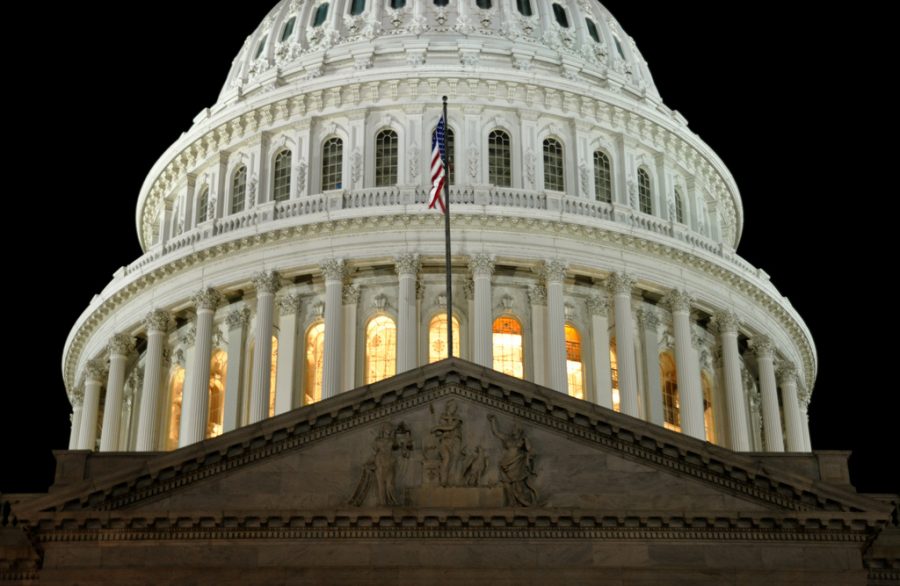







David Misyura • Mar 17, 2017 at 11:26 pm
First, I’d like to commend you on producing such a long and extensively detailed article. I know the kind of work that goes into writing such an article, so I’d like to give you props for putting in the effort. The inclusion of pictures like most modern online magazines is a nice addition. It’s actually a pretty well written article for what it is, and I mean that.
Second, I’d like to give my two cents on three statements from the article that stood out to me. I don’t care to be agreed with, only to give my thoughts.
1) “The United States is a fairly young country, only 241 years old. By empire terms, we are still in infancy.”
Comparing the United State’s age to that of empiric standards doesn’t make much sense to me, as we’re simply not an empire. The Roman Empire certainly was, but the US hasn’t conquered a multitude of other countries in an attempt at expansion. “The United States as a nation […]” You mention the US being a nation right after, so why compare it to the standards of empires that tend to last multiple centuries? If the point was to say that the US is relatively young and perhaps reckless, then that’d be perfectly fine. But comparing the US to the age of an empire just doesn’t add up. The point could’ve been made by simply saying it as so.
2) “[…] the mere fact that the Gracchi brothers had the common people’s interest at heart, and not those of their fellow politicians had made them targets.[…] President Trump’s firing of acting attorney general Sally Q. Yates after she refused to support his controversial ban on immigrants entering the United States is remarkably similar to actions taken in Ancient Rome. In both cases, a political leader was removed from power for not supporting their constituents.”
I don’t find this comparison between the well-to-do Gracchi brothers and Trump’s firing of Sally Q. Yates to be similar or relevant at all. With the Gracchi brothers, we saw political corruption and greed lead to the assassination of two political figures that brought about great change for the people and country. With Sally Yates, her refusal to cooperate with the President’s agenda is what lost her her job. Whatever one thinks of the matter is irrelevant when trying to compare that instance to that of the assassinations of the the Gracchi brothers. It seems to me like a poorly threaded connection between the Gracchi brothers’ ultimate demise and an attorney general losing her job for simply not cooperating with the President on a certainly important course of action. Again, whatever one thinks of the matter is irrelevant as I’m only trying to point out why the comparison didn’t do it for me.
3) “It is not inconceivable that one party could resort to the killing of the other. Moreover, this has happened […] even in the United States. In 2016, a man of color was punched in the face by a Trump supporter at one of his rallies.”
Included in the section of the article discussing the United State’s course of transitioning from a democracy to a monarchy is a statement, both seemingly random and also seemingly aimed at undermining Trump supporters. I understand that it might’ve been included to show the physical outbreak of violence that has occurred because of political tensions, but perhaps some other example could’ve been included? This statement has the possibility of appearing as painting Trump supporters as racists or something else just as demeaning. If the purpose of the statement was to show the possibility of political violence outbreaking, then a follow-up sentence would’ve been much appreciated in order to explain the meaning of the statement. I’m not trying to look too much into this, but it bothers me the way it was presented. It was seemingly random in its abruptness without any further explanation.
All of that being said, it’s clear that great effort was put into the article and I don’t mean to detract anything from it. I simply took issue with some parts and thought I’d share my thoughts. You might or might not take some of it as helpful criticism. Either way is fine. I look forward to possibly some more content like this from you.
Tyler Jungbauer • Mar 15, 2017 at 2:34 pm
What about the inherent principles of Hume’s problem of inductive reasoning and causation?